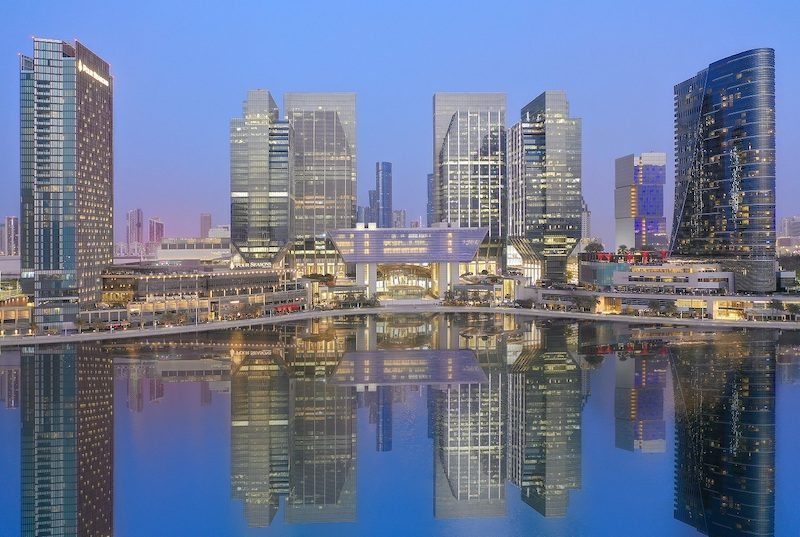
Abu Dhabi has set its sights on securing $123 billion in private sector investments to fund a variety of infrastructure projects as part of an ambitious expansion plan. The UAE capital’s strategy revolves around public-private partnerships (PPPs) aimed at meeting the growing demand for key infrastructure and supporting long-term economic growth.
The initiative is in line with the broader trend across the Gulf region, where countries like Saudi Arabia and the UAE are increasingly turning to private investments to drive large-scale infrastructure developments. This shift is driven by the need to meet the infrastructure demands of rapidly growing urban centers and diversify the economy beyond oil dependence.
Abu Dhabi’s focus on infrastructure spans sectors including transportation, healthcare, education, and energy. The Abu Dhabi Investment Office (ADIO) is playing a pivotal role, facilitating partnerships between the public and private sectors. These collaborations are expected to accelerate the development of essential services such as water desalination, healthcare facilities, and urban development.
Several high-profile projects are already underway under the PPP model. For instance, a consortium is working on the Zayed City Schools project, which marks the UAE’s first PPP in the education sector. The partnership includes the design, construction, and operation of new schools in Abu Dhabi, offering a glimpse into the potential of such models to improve public service delivery while alleviating pressure on government budgets.
Phil Hanson, a partner at Herbert Smith Freehills, pointed out that the UAE has successfully implemented PPPs in critical sectors like power and water. As a result, more sectors, including education and healthcare, are now attracting private sector interest. “PPPs are becoming central to the UAE’s development plans,” he stated, highlighting the ongoing transformation of the country’s infrastructure landscapevernment’s push for private sector involvement comes at a time when global investors are seeking opportunities outside traditional markets, particularly in emerging regions like the GCC. PPPs offer a strategic way to tap into infrastructure development while providing investors with long-term returns. Furthermore, these projects allow the government to focus on other areas, such as healthcare and education, which are integral to enhancing the quality of life for citizens and expatriates alike.
Despite the significant capital required for these projects, the economic diversification efforts make Abu Dhabi an attractive destination for global investment. With a regulatory framework already established, the government is working to streamline procedures and ensure that private companies can easily participate in these ventures.
Experts have pointed out that PPPs are vital to achieving the UAE’s goals of reducing reliance on oil revenue, boosting economic diversification, and creating sustainable development paths. This approach is increasingly appealing to international investors who are attracted to the UAE’s stable regulatory environment, its strategic location, and its business-friendly policies.
The UAE’s embrace of PPPs is not only shaping the country’s future but also setting a model for other nations in the region. As neighboring countries such as Saudi Arabia and Qatar explore similar models for infrastructure financing, the growth of PPPs in the UAE is expected to spur further collaboration and cross-border investment in the Middle East. This could unlock additional opportunities in sectors such as energy, transportation, and social infrastructure.



